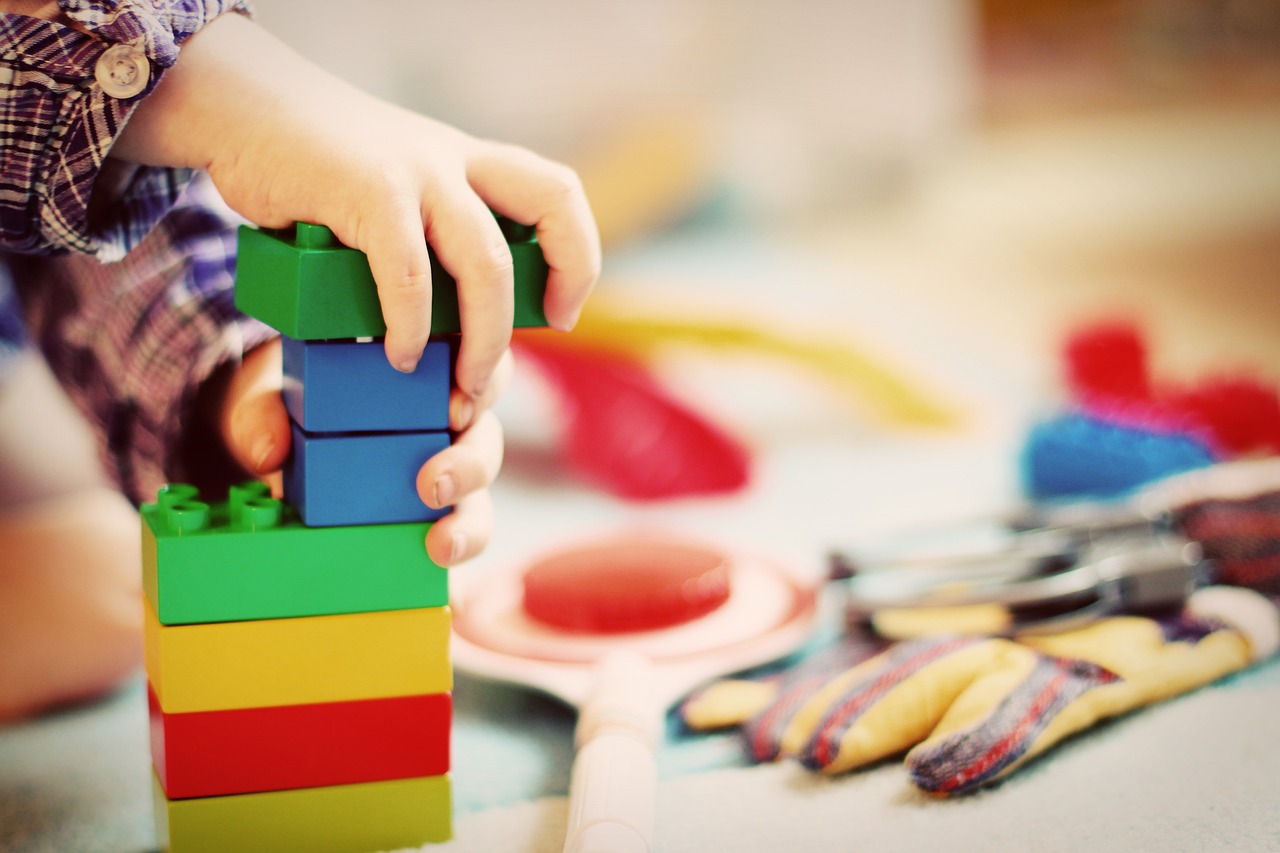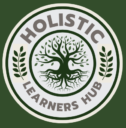
Montessori education, developed by Dr. Maria Montessori over a century ago, is a child-centered approach that focuses on fostering independence, curiosity, and a love of learning. Unlike traditional methods, which often rely on direct instruction, Montessori classrooms encourage children to take an active role in their education, exploring subjects at their own pace.
At the heart of Montessori education is the belief that children learn best in an environment designed to meet their developmental needs. Classrooms are thoughtfully organized with hands-on materials that allow children to explore concepts in concrete ways before moving to more abstract learning. This approach helps them build critical thinking and problem-solving skills.
One of the key principles of Montessori is respect for the child. Teachers act as guides rather than instructors, observing each child’s interests and needs, and offering appropriate support when necessary. This respect fosters a deep sense of self-confidence and autonomy in students, helping them become lifelong learners.
Montessori education also emphasizes social development. Children are encouraged to work collaboratively, helping to develop communication and teamwork skills. With mixed-age classrooms, older children often take on leadership roles, teaching and mentoring younger peers.
In today’s fast-paced world, Montessori’s emphasis on individualized learning and respect for the child is more relevant than ever. By nurturing curiosity, independence, and a love for learning, Montessori education prepares children for a lifetime of growth and discovery.
